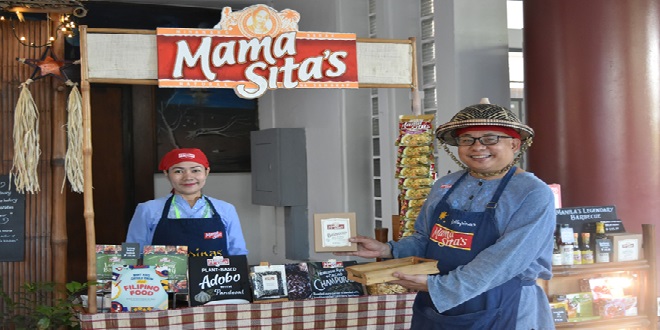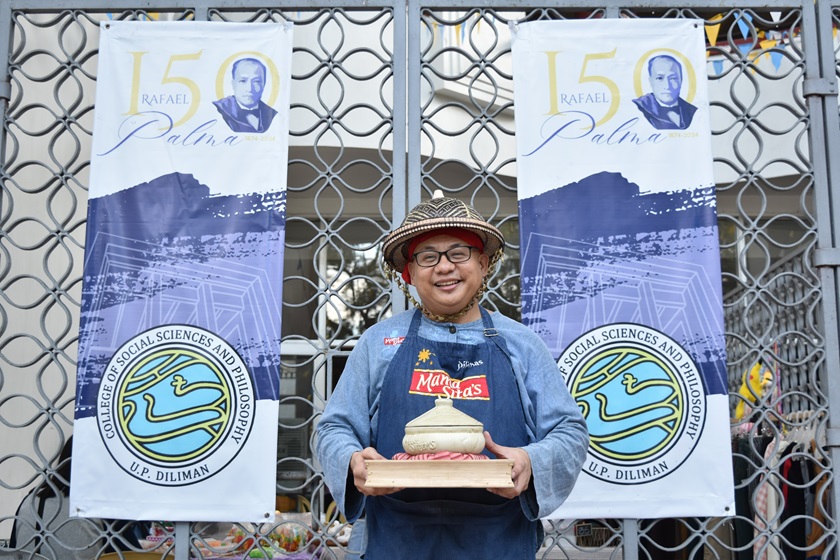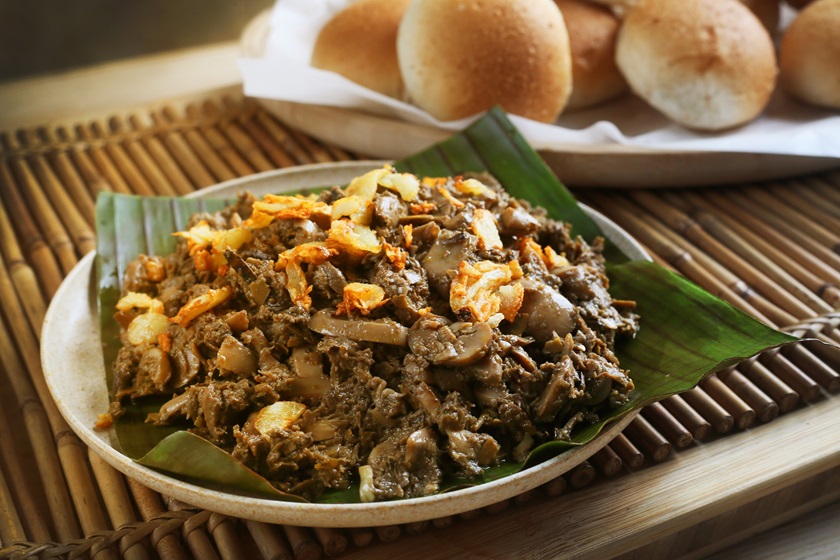
Over 150 delegates from various countries gathered at the 15th conference of the Société Internationale d’Ethnologie et de Folklore (SIEF), hosted by the University of the Philippines College of Social Science and Philosophy’s Folklore Studies Program from December 11 to 13. The event brought together researchers and experts to delve into the cultural and historical significance of food among ethnolinguistic communities worldwide. Representatives from Hong Kong, Indonesia, India, Lithuania, Japan, Argentina, Bulgaria, Greece, Korea, Turkey, the Philippines, and more shared insights into the connections between food, traditions, folklore, and cultural practices.

Exploring Food and Culture
The conference featured professors, student researchers, and experts presenting papers and abstracts that explored food’s role in shaping history, fostering traditions, and maintaining cultural identity. Through these discussions, participants gained a deeper understanding of how culinary practices transcend geographical and linguistic boundaries, weaving stories of resilience and innovation across communities.
A Taste of Filipino Heritage by Mama Sita’s
To celebrate this cultural exchange, Mama Sita’s treated the international delegates to a curated selection of Filipino delicacies. Guests enjoyed traditional favorites like Pansit Palabok, Sisig, and Samalamig, alongside creative innovations such as Meatless Adobo, Bibingkrepe (a rice flour and coconut crepe), and Champorado with Heirloom Rice Pinipig.

The standout Meatless Adobo, made with chopped banana peels and mushrooms cooked with aromatics, Mama Sita’s Oyster Sauce, and Distilled Cane Vinegar, was paired with freshly baked pandesal. This dish highlighted the foundation’s commitment to sustainable food practices by turning banana peels—often regarded as waste—into a flavorful and nutritious meal.
Advocating for Sustainable Food Practices
For years, the Mama Sita Foundation has championed sustainable foodways to address food security challenges. By using ingredients like banana peels and promoting heirloom grains, the foundation supports eco-friendly practices while preserving Filipino culinary heritage.
Through its advocacy, the foundation has also raised awareness of heirloom rice varieties grown in the Cordillera region, such as Balatinaw, a precious grain integral to traditional rice rituals for centuries. By fostering the cultivation and appreciation of these grains, the foundation helps sustain farming communities and protect the region’s cultural legacy.
The 15th SIEF conference served as a testament to the profound connections between food and culture, with Mama Sita’s offerings providing a delicious and meaningful glimpse into the richness of Filipino heritage.

Meatless Adobo using Banana Peel
Makes 25 servings.
Ingredients
84 pcs Saba Banana peels,washed 2..2 kg
and drained
12 cups Water 3 L
12 cans Sliced Mushrooms,drained 1.38 kg(drained)
(198 g/can)
1/4 cup Unsalted Butter,softened 60 g
For the sauce:
2 Tbsp Cooking oil 30 mL
4 heads Garlic, crushed 163 g
3 pcs Bay leaf 1 g
1/2 tsp Ground black pepper 1 g
4 cups Water 1 L
6 Tbsps Mama Sita’s Sukang Tuba Vinegar 90 mL
1 cup + Mama Sita’s Oyster Sauce 265 g
1 tbsp
1/4 cup Mama Sita’s Liquid Seasoning 60 mL
1 tbsp + Rock salt 12 g
1 tsp
10 cups Banana (saba) peels,(from boiled 1.51 kg
Saba bananas)
white threads removed.squeeze
out the resin and chopped
Cooking instructions
- Peel the saba bananas,remove the hard tip part. Set aside the pulp and freeze for other
uses.
Bring water to a boil and add the peels. Simmer for 1 hour. Drain and squeeze to remove
the bitter juices(resin). - Chop the peel and set aside.
Prepare the sauce. - In a large pan or kawali ,heat the oil and butter .Saute the garlic until light brown. Add the
bayleaves and ground black pepper. - Add the water and Mama Sita’s Sukang Tuba vinegar, Bring to a boil and simmer for 5
minutes. - Add the rest of the ingredients and simmer for another 15 minutes.
- Add the drained chopped banana peels and drained mushrooms.
- Mix well and cook until the sauce has been reduced.
- Remove from heat and serve with hot pandesal.







